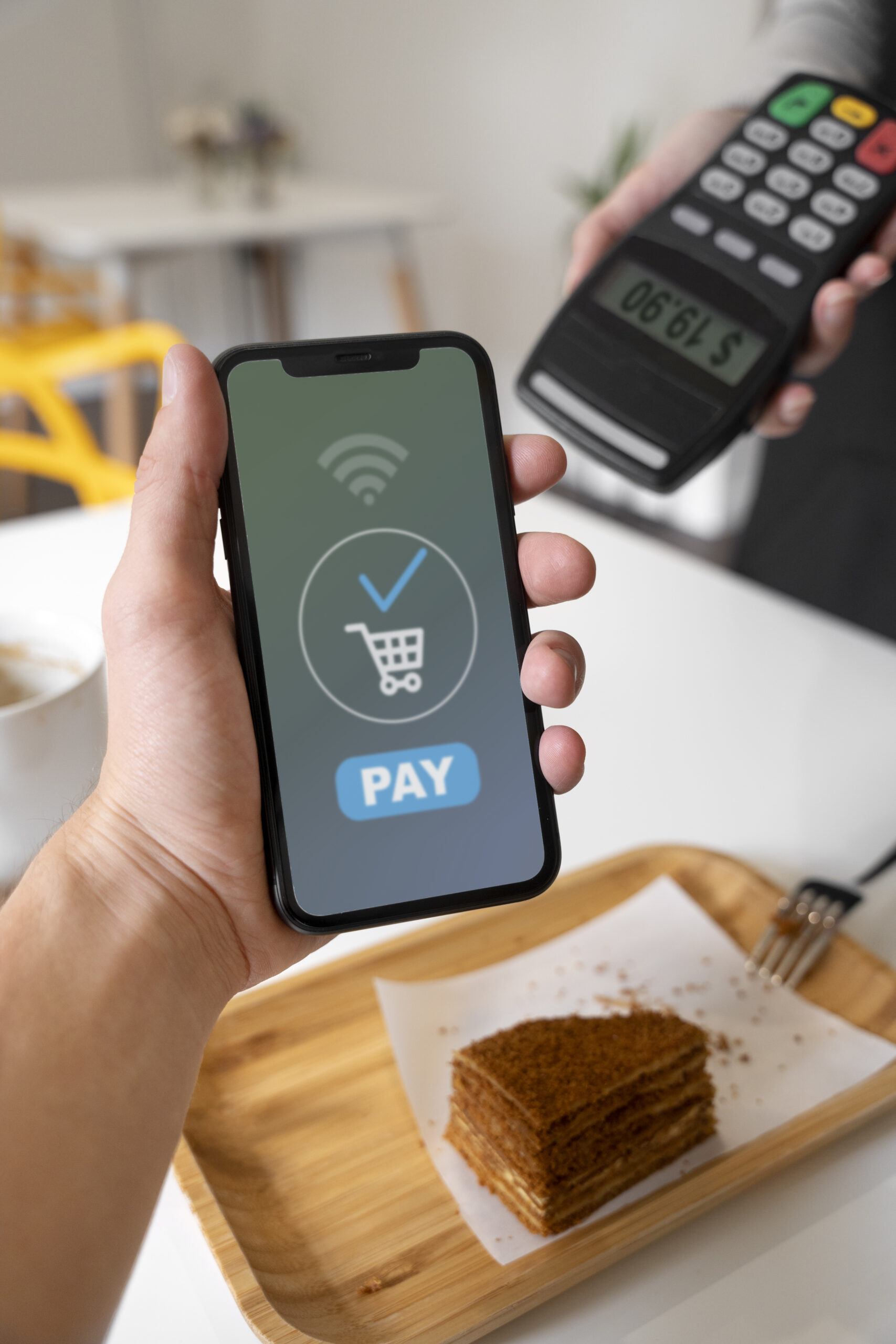




Choosing the right processor is crucial for the success of your Forex business. The world of Forex trading has its own set of challenges, especially when it comes to handling payments. A reliable payment processing solution can either make or break your operations.
Here are some key factors to consider:
● Security: It's essential to protect sensitive financial information at all costs.
● Convenience: User-friendly solutions make it easier for traders to complete transactions.
● Speed: Quick processing times give your business a competitive edge.
Looking into options like Payment Funnels can offer customized solutions specifically designed for high-risk industries such as Forex trading. With their extensive experience in secure payment processing solutions, they have a deep understanding of your industry's unique requirements.
Here are some advantages of partnering with specialized processors:
● Fraud protection tools to keep transactions safe.
● Chargeback management services to reduce financial risks.
● Transparent pricing structures, so you know exactly what you're paying for.
Don't let payment processing obstacles hold back your Forex business. Consider exploring Payment Funnels as a potential partner in achieving smooth and secure Forex Trading Payment Processing.
Get quick answers to our most frequently asked questions.

Payment processing in Forex trading refers to the methods and systems used to facilitate financial transactions between Forex traders and their clients. It involves a range of transaction methods, including bank wire transfers, credit/debit cards, e-wallets, and cryptocurrencies, ensuring that funds are securely transferred and managed.
Forex businesses are often classified as high-risk due to the potential for chargebacks, fraud, and regulatory scrutiny. Traditional payment processors may be hesitant to work with Forex traders because of these risks, making it essential for Forex businesses to partner with specialized high-risk payment processors that understand the unique challenges of this industry.
Forex traders can utilize various payment methods including bank wire transfers, credit cards, debit cards, e-wallets like PayPal and Skrill, and cryptocurrencies. Each method has its own advantages and disadvantages in terms of security, convenience, and transaction speed.
When selecting a payment gateway for your Forex business, consider factors such as security measures, transaction fees, compatibility with your trading platform, and customer support. Popular options include PayPal, B2BinPay, Skrill, Stripe, and CommerceGate.
Compliance challenges in Forex payment processing include adhering to legal regulations specific to high-risk industries. It is crucial for Forex businesses to stay updated on these regulations and implement strategies that ensure secure transactions while remaining compliant with international financial laws.
To ensure secure transactions in Forex trading, implement robust security measures such as encryption technologies, fraud detection tools provided by high-risk payment processors, and regular monitoring of transaction activities. Additionally, establishing clear policies for chargeback management can help mitigate risks associated with financial fraud.
